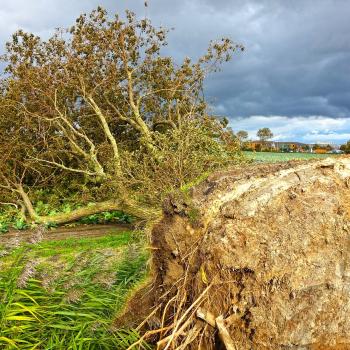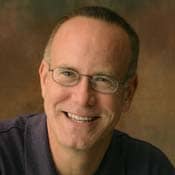Paul and his ministry colleagues understood this cultural milieu, as is clear from the passage quoted above. The characteristics they deny are exactly the sorts of things that the noble secular philosophers would also deny. Consider, for example, this passage from Dio Chrysostom, a Hellenistic philosopher who lived in the late first and early second century A.D.:
But to find a man who in plain terms and without guile speaks his mind with frankness, and neither for the sake of reputation nor for gain makes false pretensions, but out of good will and concern for his fellow-men stands ready, if need be, to submit to ridicule and to the disorder and the uproar of the mob—to find such a man is not easy, but rather the good fortune of a very lucky city, so great is the dearth of noble, independent souls and such the abundance of toadies, mountebanks, and sophists. (Dio Chrysostom, Discourses, 32:11-12; Loeb Classical Library translation)
When Paul and his associates wrote to the Thessalonians, they wanted to be sure they were not lumped in with the "abundance of toadies, mountebanks, and sophists." (Note: "Toady" is an older English word that means "one who flatters for the sake of personal gain." A mountebank is one who rips people off with quack medicines and other products. A sophist is eager to display seemingly great learning in order to be well-regarded by others.)
Of course, the words of 1 Thessalonians 2 would be empty if Paul and company actually had been deceitful and self-serving. Their awareness of the cultural setting did more than provide an effective rhetorical strategy. It also helped them to minister and live in a way that demonstrated their integrity and honesty. Only then would their words ring true for the Thessalonian recipients of their letter.
So, then, what are the cultural models and expectations with which pastors should be familiar today? Unfortunately, many of those who make our work more difficult are fellow clergy. Our neighbors have seen prominent Christian leaders fall from grace amid hypocrisy and seedy sin. And we Protestants fool ourselves if we think we have not been tarnished by scandals in the Roman Catholic Church. Moreover, as I noted above, we who seek to lead in any context will be viewed in light of the leadership failures that have marked the last fifty years. When it comes to being trusted by our congregations, pastors begin with a discouraging disadvantage.
There are several roles and positions in our culture that could, I believe, shape people's expectations of pastors in ways that are unhelpful. I will discuss these in my next column in The Pastor's Workshop. For now, I leave you with the challenge to consider your particular cultural setting. How does this shape the way you might be seen as a pastor? What sort of lifestyle would be required of you if you seek to be a distinctive, honorable, Christian presence in your community? How might you talk about your pastoral role in a way that helps people to understand what you do and what you do not do as a pastor?





